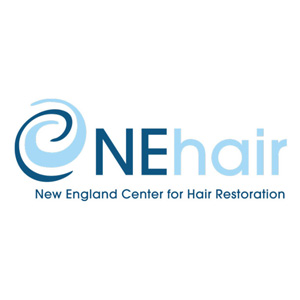Many men and women who are balding, thinning, or losing hair want to restore their hair but are afraid of taking unnatural means to do so. And their fears are understandable.
Hair transplant robots and synthetic drugs meant to treat hair loss can be scary, especially when they cause unwanted side effects or even poor results. So many people wonder if there is any way to restore balding or thinning hair with natural treatments.
Fortunately, the answer is yes. At New England Center for Hair Restoration, our hair transplant procedures are completely natural.
We take our patients’ own, natural hair from the back of their scalp — an area that never balds — and then transplant those hairs into the areas of non-growing hair follicles. The results are exactly what patients want: their own hair, growing naturally again for a lifetime. Additionally, there is an artistic human element to our hair transplant procedures. Dr. Welter and the staff at NE Hair perform one surgery at a time, with meticulous attention to detail in creating the hairline.
With years of experience and an artistic passion for our work, NEHair will ensure your natural hair is restored. To find out more about our hair treatment options, schedule a free consultation with us today. A doctor will evaluate the cause of your current hair loss and discuss a plan to give you back your own lifelong hair. Call 855-5-NEHAIR now to immediately schedule a consultation.

